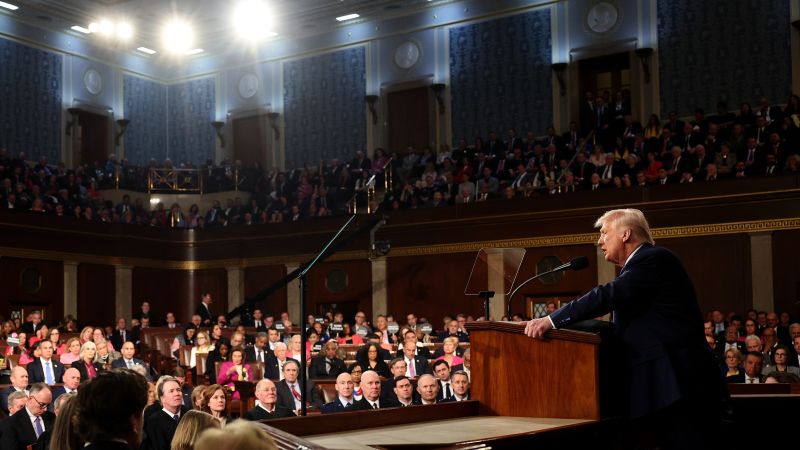In a recent turn of events, President Donald Trump’s interactions with top automakers revealed a nuanced picture of his tariff policies. Despite Trump’s initial optimism about automakers’ excitement over tariffs, Ford Motors, GM, and Stellantis expressed concerns about the potential disadvantages these tariffs could pose to their American-based businesses. Following discussions with the automakers, the White House announced a one-month exemption from the tariffs for autos entering the US, showcasing Trump’s receptiveness to industry feedback.
While Trump often discusses tariffs, he is frequently dissuaded from imposing them, especially when faced with pressure from industry leaders or market forces. The president’s willingness to offer exemptions demonstrates his consideration for American businesses. The back-and-forth on tariffs also highlighted the economic uncertainties and complexities surrounding trade policies.
The article also delves into the implications of these tariff decisions on various stakeholders, including the auto industry and political leaders like Canada’s Prime Minister Justin Trudeau. The evolving dynamics between Trump and Trudeau, along with the broader impact on international relations, underscore the intricate balance of economic interests and diplomatic relationships at play.
As the Trump administration navigates the fallout and responses to its tariff strategies, the conflicting perspectives and challenges from different quarters underscore the multifaceted nature of trade negotiations and the intricate web of economic and political considerations involved.

